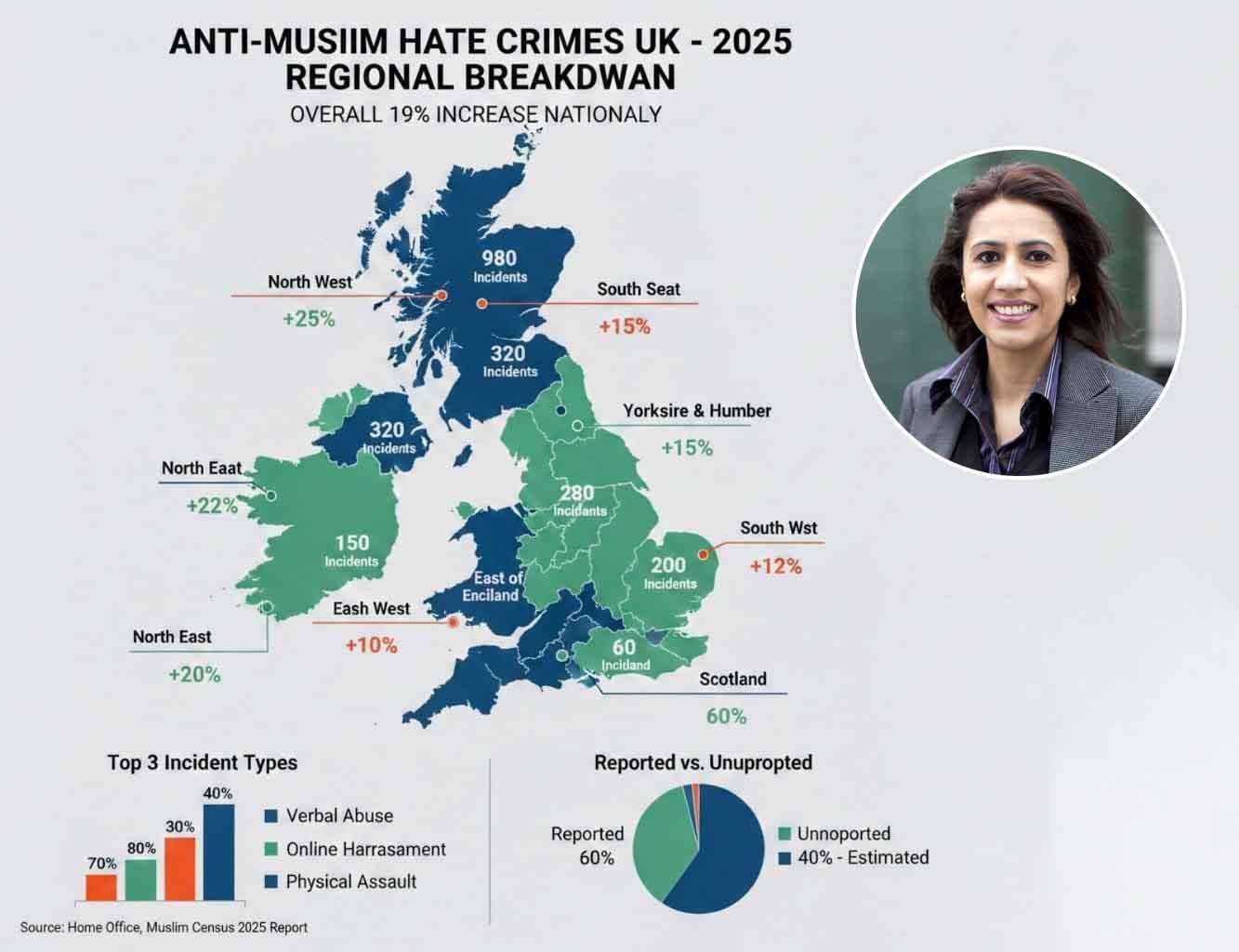The fight for justice and the right to protest in support of Palestine has secured a crucial victory in the UK legal system. In a significant blow to the Home Office's attempts to silence dissent, the Court of Appeal has definitively rejected the government's bid to block a judicial review into the highly controversial proscription of the direct action group Palestine Action under the Terrorism Act.
Landmark Legal Victory for Civil Liberties
On Friday, three esteemed judges, led by the Lady Chief Justice Sue Carr, upheld the decision to grant Palestine Action co-founder Huda Ammori the right to a full judicial review. This monumental ruling paves the way for a high-stakes legal hearing set for 25 November, which marks the first time a protest organization banned under anti-terrorism law has been granted a full court trial to challenge its proscription.
The Home Office had argued that the proper avenue for challenge was the statutory body, the Proscribed Organisations Appeal Commission (POAC), essentially trying to avoid the High Court's scrutiny. However, the Court of Appeal unequivocally ruled against this procedural stall, recognizing that the process for deproscription via POAC "is not intended to remove the consequences of an initial, unlawful decision to proscribe an organisation." They affirmed that judicial review offers a much faster route and is essential to provide an authoritative determination on the legality of the ban, especially for the over 2,000 individuals arrested for allegedly supporting the group.
A Chill on Free Speech Amidst a Human Crisis
The government's decision on 5 July to categorize Palestine Action alongside groups like Islamic State and National Action was an unprecedented, authoritarian attack on the freedom of assembly and expression. This action, the first proscription of a direct action group, was immediately followed by mass arrests, many simply for holding signs reading: "I oppose genocide, I support Palestine Action." This blatant misuse of the Terrorism Act has created an undeniable "chilling effect" on legitimate political speech and solidarity with the Palestinian people, who are facing a devastating humanitarian crisis.
The Court of Appeal’s ruling not only dismissed the Home Office's appeal but also granted two further grounds to challenge the legality of the ban, adding to the two already approved by Mr Justice Chamberlain. The original grounds for the review already challenged the ban as a disproportionate interference with the European Convention on Human Rights, specifically Article 10 (Freedom of Expression) and Article 11 (Freedom of Assembly), and questioned the failure of the Home Secretary to consult Palestine Action before implementing the ban.
Accountability and Global Solidarity
Huda Ammori rightly hailed the decision as a "landmark victory" against what she called an "absurdly authoritarian ban." She stressed the fundamental principle that government ministers "can and must be held accountable when they act unlawfully." The government's transparent effort to avoid judicial scrutiny of its "blatantly anti-democratic proscription" has backfired spectacularly, giving the legal team an even stronger footing heading into the substantive hearing.
The gravity of this case extends far beyond the UK's borders. Amnesty International UK and Liberty have announced they will be intervening in the case, citing "serious human rights concerns" and the "disproportionate use of the government’s terrorism powers." Furthermore, UN human rights experts have previously urged the UK government to refrain from misusing terrorism laws against the protest group. The international attention underscores the widely held view that the UK's actions represent an overreach that stifles essential advocacy for human rights and an end to the ongoing tragedy in Palestine.
This legal battle is now a focal point for all defenders of human rights, demonstrating that the fight for justice for Palestine and the defense of democratic freedoms are inextricably linked. The world watches as the High Court prepares to scrutinize a decision that has criminalized solidarity in a time of urgent human suffering.








.svg)

_3.jpg)